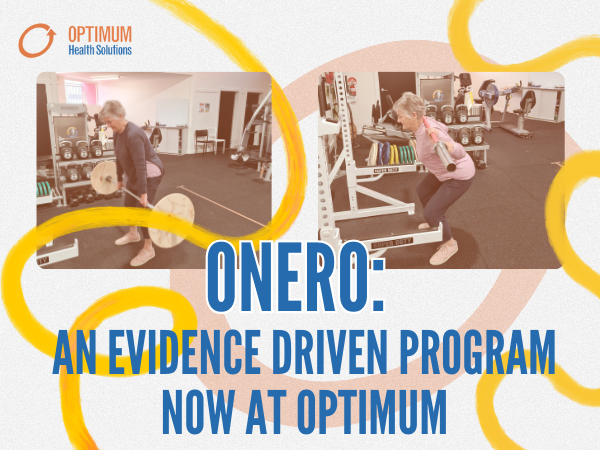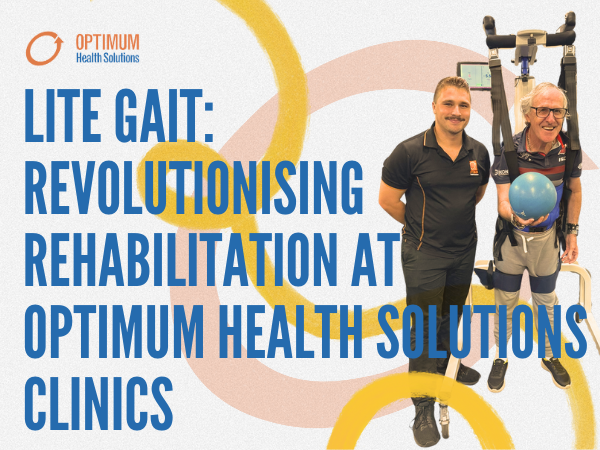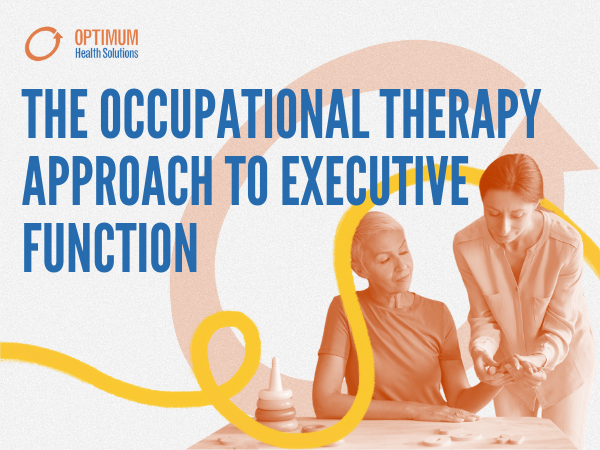New Year’s Day comes and goes, and unfortunately so has January, and so does your enthusiasm for the ‘new you.’ Adherence to an exercise regime is challenging to maintain, and a substantial amount of exercisers will drop off after 3-6months. Some have had the best intentions, but haven’t even begun, despite their healthy change intentions. This can be attributed to a variety of reasons including unrealistic goals, poor guidance and support, trying to accomplish the goal too fast, a lack of measuring or monitoring the goal, lack of celebrating milestones, not having fun, a lack of time, and other pre-existing commitments such as social, work or holiday related events.
Thinking about your goal, and planning how to achieve it is just as important as thinking of the obstacles that will prevent you from pursuing your goal. Fit your exercise plans around your social, work and life commitments – not the other way around. If you have very limited time for the gym on one day, you should still make the effort to go to the gym. Remember, 30 minutes of exercise is better than not going at all.
5 Stages of Change
Commencing a new lifestyle choice is not just about making plans, having the intentions and telling people that you are going to change. Readiness to change is a predictable process that happens in five interactive stages as listed below, known as the Transtheoretical Model of Behaviour Change. Each stage reflects a person’s perceptions of his or her current health behaviours and the person’s motivations to change in the future.
- Precontemplation
- Contemplation
- Preparation
- Action
- Maintenance
Chances are that you are able to identify your current stage from the above description. The fact that you are reading this article suggests that you are in the contemplation or action stage. The only way people will be successful is to reach Stage 4 (Action), therefore already actively changing their behavior. In most cases, individuals start the year in stages 2 (Contemplation) or 3 (Preparation).
My suggestion is to set yourself a date that you will start, and work through the stages in order to be fully prepared to begin your exercise program on this specified date.
The truth is that February is the best time to start. Holidays are over, kids are back at school, you clearly know what your schedule is. I hope that 12 months from now, you look back at your new year’s resolutions, and realize that you didn’t let 2016 pass you by.
Is it time to seek help? Book in and see one of our Exercise Physiologists and let’s get started to create the new you.








